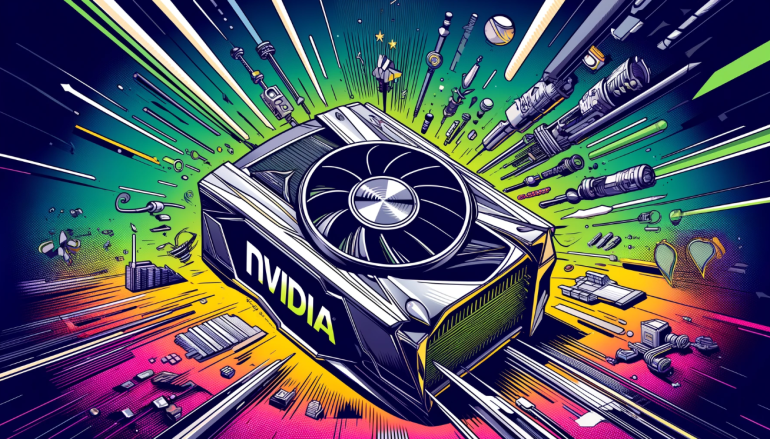- Nvidia, in collaboration with Georgia Institute of Technology and others, organizes a contest to create an AI dataset aimed at improving GPU and hardware design.
- The initiative addresses the challenge of insufficient high-quality hardware design data for training large language models (LLMs).
- Haoxing (Mark) Ren from Nvidia emphasizes the need for robust data to enhance LLM-assisted hardware design capabilities.
- Current methods often require significant human intervention due to issues like non-synthesizable or overly simplistic outputs.
- The contest spans two phases: data sample collection until August 10, 2024, followed by dataset refinement until October 1, 2024.
- Phase II focuses on enhancing data quality through filtering, automated description generation, and effective labeling strategies.
- Winners will be announced at IEEE/ACM’s International Conference on Computer-Aided Design in October 2024, with sponsorship from Nvidia and the National Science Foundation.
Main AI News:
Nvidia collaborates with Georgia Institute of Technology and others to host a contest aimed at accelerating GPU design through the creation of an AI dataset. Recognizing the challenge posed by limited hardware design data for training large language models (LLMs), the initiative seeks to address this bottleneck by crowdsourcing a robust, open-source dataset.
Haoxing (Mark) Ren, Nvidia’s director of design automation research, announced the ICCAD Contest on LLM-Assisted Hardware Code Generation on X (formerly Twitter). Ren highlighted the critical need for high-quality hardware design data, essential for enhancing LLM-assisted hardware design capabilities.
Current methods of integrating LLMs in GPU and hardware design require substantial human intervention due to challenges such as non-synthesizable or overly simplistic outputs. This limitation stems from inadequate exposure to comprehensive hardware design datasets during model training.
Building on the success of Nvidia’s internal Verilog code dataset, the contest aims to enrich and expand this resource significantly. The LLM4HWDesign contest unfolds in two phases: data sample collection until August 10, 2024, followed by dataset refinement and enhancement from August 20 to October 1.
Phase I focuses on augmenting the existing Verilog dataset, while Phase II emphasizes data quality enhancement through filtering and automated description generation techniques. Contestants will also devise effective labeling strategies to optimize LLM learning processes.
Winners of the LLM4HWDesign contest, sponsored by Nvidia and the National Science Foundation, will be announced at IEEE/ACM’s International Conference on Computer-Aided Design in late October 2024. The competition not only promises recognition but also offers substantial awards to acknowledge outstanding contributions to advancing AI-driven hardware design capabilities.
Conclusion:
Nvidia’s initiative to crowdsource a comprehensive AI dataset for hardware design represents a significant step towards overcoming the limitations of current LLM-assisted design processes. By fostering innovation through open-source collaboration and enhanced dataset quality, this contest aims to advance GPU and hardware design capabilities, potentially reshaping future developments in the market.

